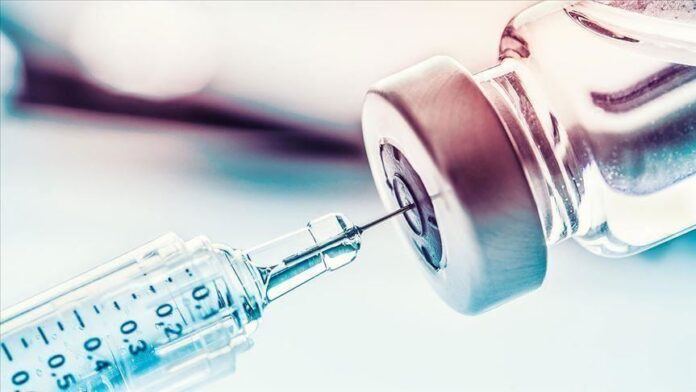An Emirate plane — Boeing 777300ER, carrying 3.92 million doses of the AstraZeneca COVID-19 vaccine landed at the Nnamdi Azikiwe International Airport, Abuja at 11.36am on Tuesday.
The consignment is from COVAX, a global scheme to procure and distribute inoculations for free, as the world races to contain the
Coronavirus pandemic.
Nigeria is the third country to receive the vaccine in Africa after Ghana and Cote d’voire from the COVAX facility, launched in April 2020 to ensure equitable distribution of the COVID-19 vaccine between the rich and poor nations.
A total of two billion doses are expected to be delivered to COVAX member nations by the end of 2021. The 3.92 million doses is Nigeria’s first shipment from the 16 million doses initially expected in the country.
The 3.92 million doses of vaccine was licensed by the world’s largest vaccine manufacturer, the Serum Institute of India as part of an initial tranche of deliveries headed to several low and middle-income countries among which is Nigeria.
Earlier, Dr. Faisal Shuaib, the Executive Director of the National Primary Health Care Development Agency (NPHCDA), said “we have been informed that four million out of the 16 million doses of AstraZeneca COVID-19 vaccines would arrive in the first batch of supplies to the country”.
He said the agency established a national COVID-19 operations room to track planned activities at all levels and report on state of preparedness, using a dash board to also identify and address gaps promptly. According to him, an additional 500,000 doses of the AstraZeneca vaccine donated by telecom giant, MTN, will also be delivered to the country.
Meanwhile, the Chairman of the Presidential Task Force (PTF) on COVID-19 and Secretary to the Government of the Federation, Boss Mustapha, has assured that Nigeria will receive the initial four million doses of the AstraZeneca vaccines and Nigerians will be adequately informed on developments.
“The multi-sectoral machinery will be deployed to enhance the logistics to the ‘last-mile administration’ processes that have been put in place. This will involve community mobilisation, training, transportation, storage, operations, among others. The real work involves every sub-national entities, communities, the citizens and the civil societies”.
Mustapha also said “the issue of vaccines continues to dominate discussions and major policy and financial decisions by various countries of the world. As you are aware, NAFDAC in the course of the week granted emergency use authorisation for the use of AstraZeneca vaccine in Nigeria. This decision was reached after due process by the regulatory body.”

